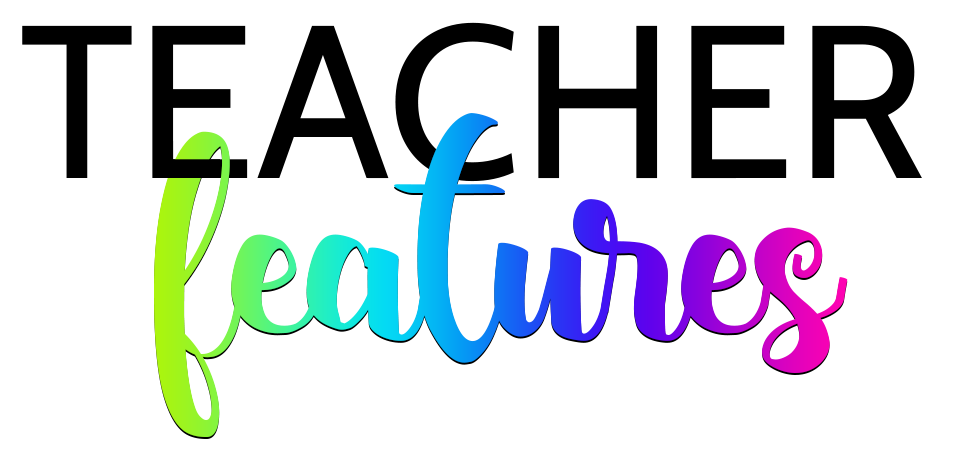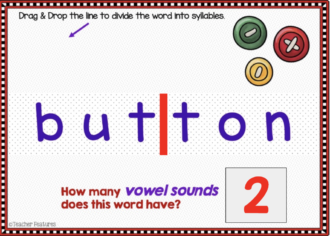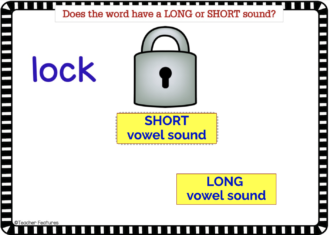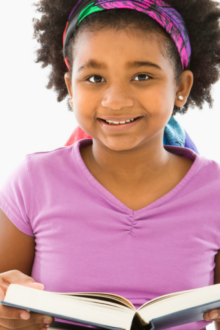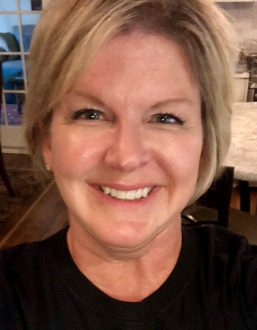Syllable Types. What are they? How do I teach them? The most important thing is to know why teaching syllable types matters. In other words, why should I spend time teaching this skill? Here’s your answer: a child will remember word patterns and his decoding skills will improve once he can successfully break words into syllable types.
What does this mean for you? Quite simply, your students will struggle less and you will feel like a more successful teacher!
Let’s pretend a child(Bobby) encounters an unknown word. If Bobby knew that a syllable type controls the sound a vowel makes, he would have a helpful strategy for attacking unfamiliar words. So, knowing the syllable type that makes up a word helps improve word attack skills. It also stands to reason- if Bobby struggles less with decoding, his frustration decreases and his fluency rate improves.

So, I’m here to share teaching syllable types tips with you…
With the right tools in your toolbox, you will help your students have better reading fluency and more reading success. I did not have any syllable types training until I took training to be Orton-Gillingham certified. Prior to learning this approach, I felt paralyzed when I encountered 2nd and 3rd grade readers who were “stuck”. It was like a whole, new phonics world opened up to me! I now had the secret to transitioning students from Emergent Reader to Transitional Reader.
At the most basic level, students need to know the definition of a syllable:
A syllable is a word, or a part of a word, with one vowel sound.
Teaching Syllable Types(and we don’t teach all 6 at once):
Closed
Open
Silent E (or Vowel-Consonant-E)
Vowel Teams
R-Controlled
Consonant-le
Note: Some people consider Diphthongs to be a 7th type of syllable. Many people (including myself) group Diphthongs into the Vowel Teams group (making 6 Syllable Types).
As soon as my students are proficient with individual letter sounds I begin teaching the first syllable types.
Teaching Syllable Types to 1st and 2nd graders:
- Closed (I begin teaching Closed syllables first)
- Open
After my students have mastered digraphs (sh, th, ch, ck, ph, and wh), then I teach Open syllables. One of the most important things I do is make these skills FUN to learn. Pre-covid, I used many hands-on activities and games. Now, I use many digital activities, such as Boom Cards, so important Syllable skills aren’t lost.
Becky
